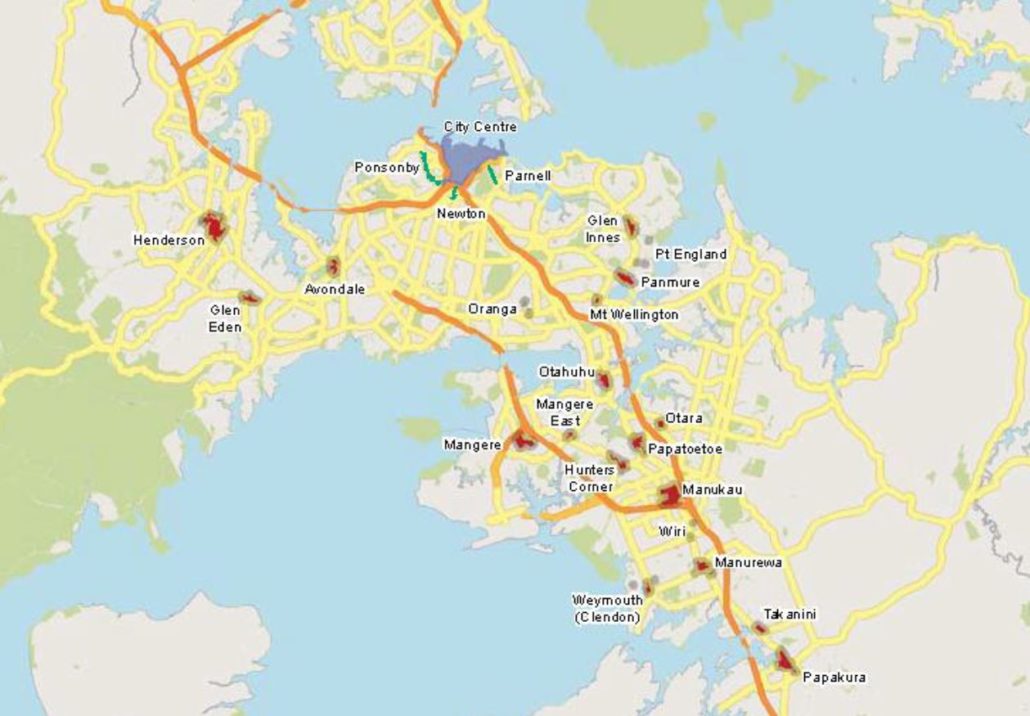Auckland’s new Local Alcohol Policy
Under the Sale and Supply of Alcohol Act 2012 Councils are able to create a local alcohol policy. Each area of New Zealand can create their own set up sub-rules that are specific to their community. Created in consultation with their community. The purpose of the policy is to encourage the responsible sale, supply and consumption of alcohol and to reduce alcohol-related harm.
Once a local alcohol policy is in place, licencing authorities must consider it when making decisions about applications. While it’s optional to put in place, it does give local authority the power to address alcohol issues within their own communities. Something that the SASOA 2012 wouldn’t necessarily be specific enough to do. It also allows people living in these areas to have a say over how alcohol can be sold and supplied in their own neighbourhoods. For example, had Wellington had a LAP like ours this spat between a local business owner seeking a liquor licence and the Salvation Army would not be happening.
At this point the LAP is still provisional and not in place, however it is very unlikely that there will be further changes to the current document.
Here is a complied list of the most major changes to liquor licencing in Auckland.
Priority Overlay Zones
The LAP has outlined these areas as there is evidence of greater levels of alcohol-related harm, or it is felt there is already a large proliferation of off-licences premises in these areas. Each priority overlay area includes the business centre of each area as well as 200m radius from the boundary of the Commercial Centre Zone. This aligns with the Auckland Unitary Plan (Operative in Part).
These areas are: Auckland City Centre, Avondale, Clendon, Glen Eden, Glen Innes, Helensville and Parakai, Henderson, Hunters Corner, Mangere, Mangere East, Manukau, Manurewa, Mt Wellington, Oranga, Otahuhu, Otara, Panmure, Papakura, Papatoetoe, Point England, Pukekohe, Takanini, Wellsford and Te Hana and Wiri.
Getting a licence may slightly more complicated if you’re looking to open a new licenced premises in one of these areas once the local alcohol policy is fully in place. Essentially the Council doesn’t think these areas need any more liquor outlets.
Temporary Freeze
The LAP recommends that no new off-licences be issued in neighbourhood zones, in the city centre or in a priority overlay area for the first 24 months of this policy being in place. They also suggest that there should be a presumption against issuing new licences in these areas after the temporary freeze has ended.
In the context of the temporary freeze a new licence is a licence for a premise which has not traded with an off-licence within the last six months. So if you take over an existing liquor store you can still secure a new-licence for your new ownership.
Local Impact Reports
These reports are being recommended in the local alcohol policy to help the District Licencing Committee be better informed about the density of liquor outlets in the area of a proposed new licence. These reports will contain information about existing licenced premises, sensitive sites (schools, churches, and marae), land use and any alcohol related harm. We are already seeing inspectors doing a more thorough break down of the surrounding area of applications we have recently submitted. So although the LAP is still just proposed, inspectors are already beginning to take some of its recommendations on board.
Maximum trading hours
All off-licences have maximum trading hours of 7am to 9pm and the maximum trading hours are 8am to 4am the following day for on-licences.
Alcohol Incident Register
All licence holders must keep a register of material alcohol-related incidents that is available to police and licencing inspectors on request. This must note the date, time and detail of each incident and the steps taken by the licence holder in response. This is for both on and off licences.
The type of licence that is expected to be recorded is injuries to staff or customers, fighting, police or other emergency services being called, if a customer has been asked to leave or banned, if there is any wilful damage to the property or if customers have been found to be involved in any illegal activities on the premises. All of the incidents would have come about due to the excessive or inappropriate consumption of alcohol.
Online training module
There is also now an expectation that all on-licences premises must take reasonable steps to ensure that all staff complete the Health promotion agency’s online training module. It’s called ServeWise and comes with a lot of other really helpful resources about responsible drinking and responsible alcohol service. At the moment applicants just need to say that they intend to teach their employees certain skills. However with these online resources it gives those serving and supplying alcohol a consistent and easily accessible tool to learn from.
You can read the full version of the policy here, and the explanatory document here.


Leave a Reply
Want to join the discussion?Feel free to contribute!